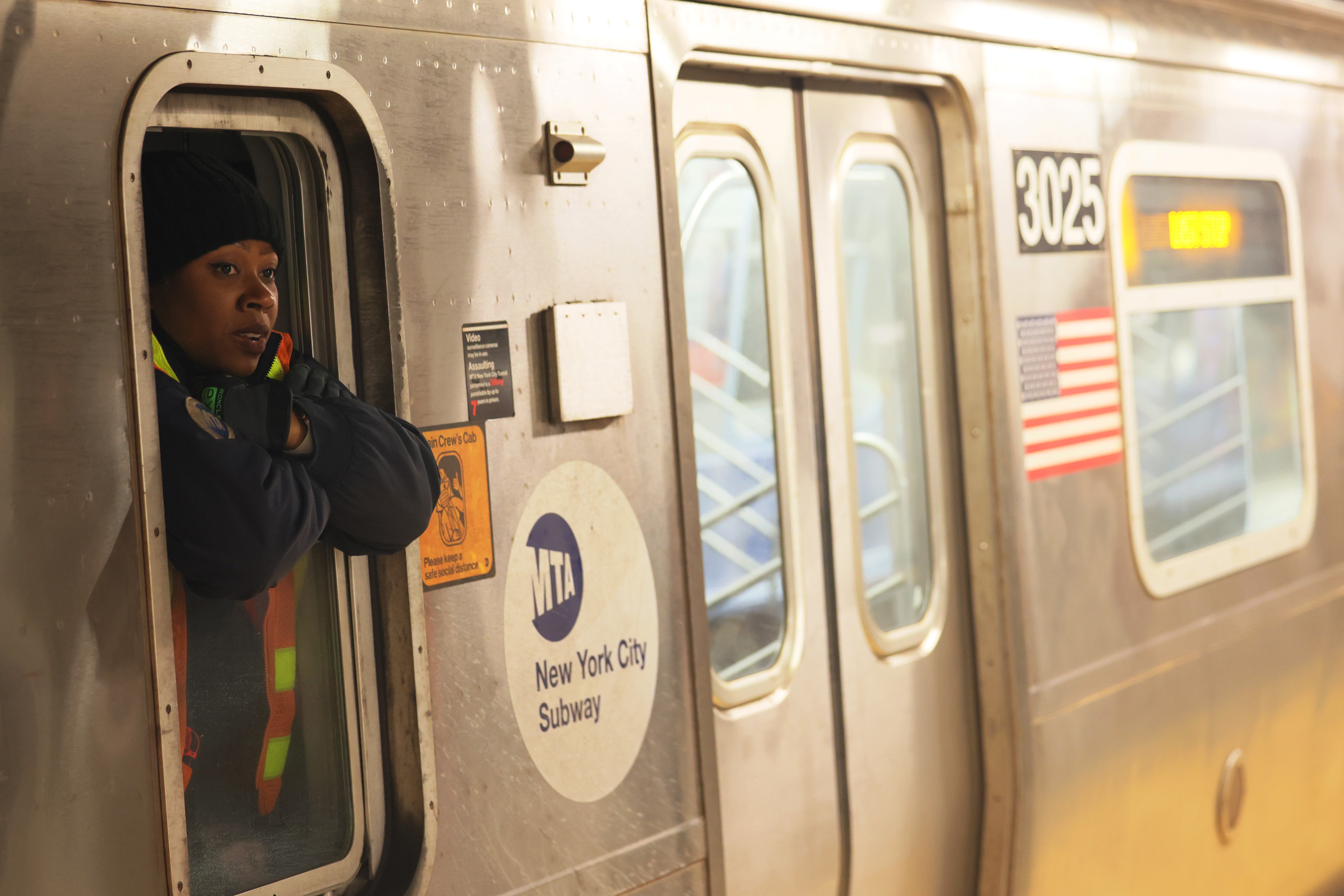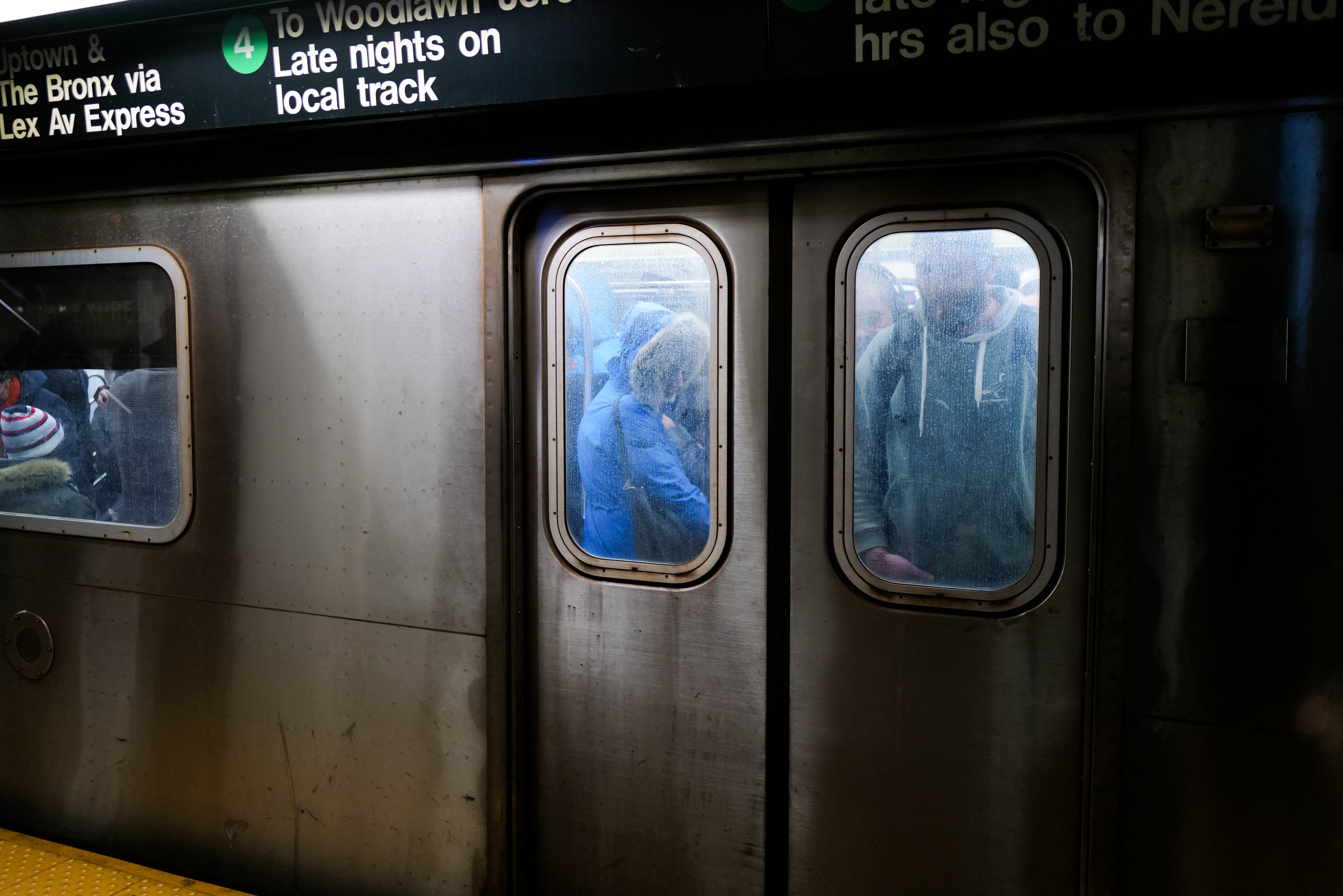ARTICLE AD BOX
A woman was arrested Tuesday for allegedly choking a woman in a Manhattan subway station after threatening to kill her.
The New York Police Department says Nyisha Wade, 48, reportedly yelled, “I’m gonna kill you b****” at a 20-year-old woman before allegedly attacking her aboard the No. 1 train in the 14th Street subway station near Seventh Avenue at around 9:30 p.m.
Wade allegedly took photos of the woman on the train, then wrapped her hands around the victim’s neck until other passengers pulled her off.
Police say Wade also allegedly hit the victim over the head with a cellphone numerous times. The woman sustained neck bruises and was taken to the hospital for treatment.
The Independent has contacted the NYPD for comment.

Wade was arrested and charged with assault, strangulation, and weapon possession. Court records show that she pleaded not guilty Wednesday at her arraignment and was released without bail.
NYC’s subway system has experienced a series of violent incidents in recent months, raising concerns about commuter safety despite increased security measures.
On December 22, 2024, a man allegedly set a sleeping woman on fire inside a Brooklyn subway car, with graphic footage of the deadly attack spreading quickly on social media, alarming many commuters.

Despite a reported decrease in overall transit crime in 2025, violent assaults in particular have persisted. On New Year's Eve, a man survived being pushed in front of a Manhattan train, while two men were stabbed in separate attacks just 17 minutes apart on New Year's Day.
The NYPD has increased patrols, deploying additional officers to subway stations and trains, particularly during overnight hours. Governor Kathy Hochul has also proposed legislation to facilitate the involuntary hospitalization of individuals experiencing psychiatric crises, aiming to address the root causes of some subway violence.
"Legislative language will give more direction to the doctors and hospitals who are saying to us right now, when someone's brought in, we're not sure if we can keep them to give them, the care we believe they need as professionals, because the law is not firm enough," Hochul said in January.









 English (US) ·
English (US) ·